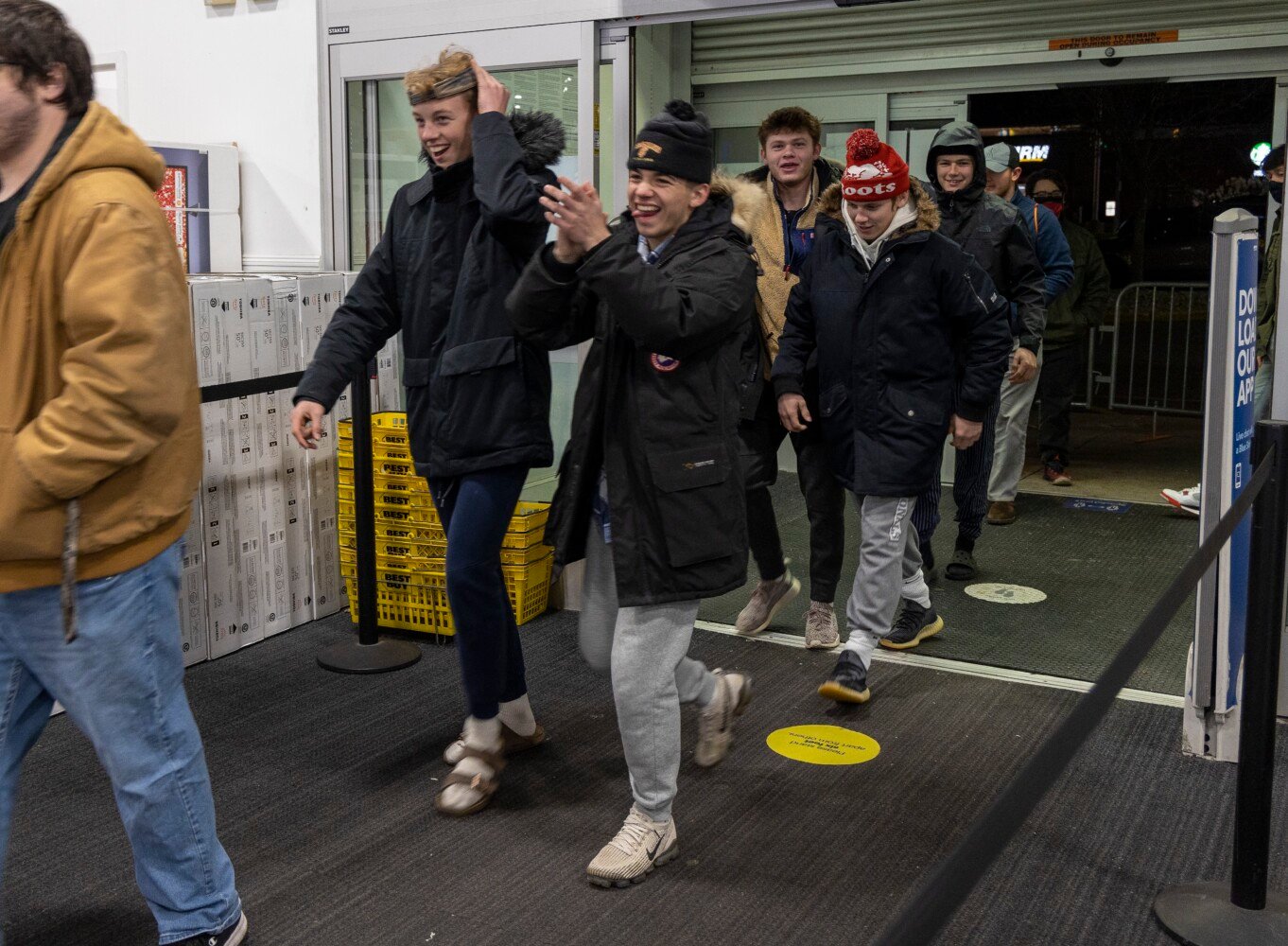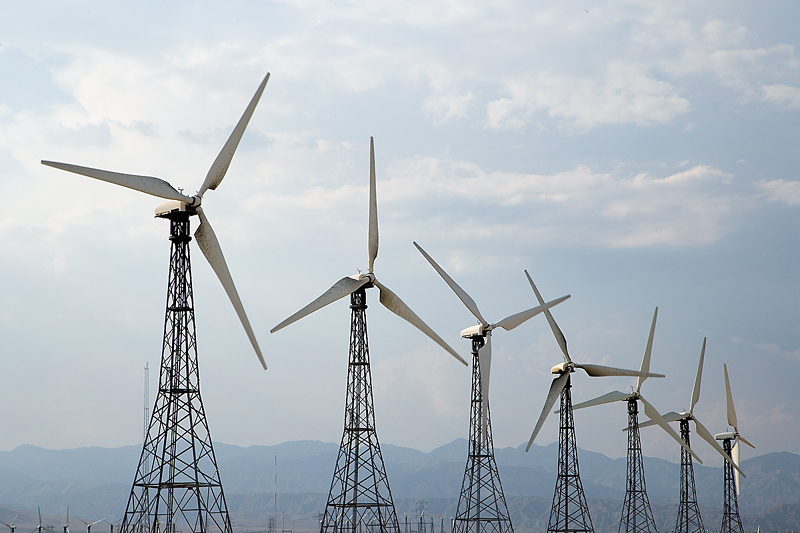SOUTH PORTLAND – (Portland Press Herald) There was a long line outside Best Buy at The Maine Mall when Wendy Bunney-Benner arrived for the tech store’s 5 a.m. opening on Black Friday. So she drove over to the Walmart in Scarborough, just five minutes away, to pick up a $120 air fryer for just $65.“I left and came back,” Bunney-Benner said, standing outside Best Buy again around 6 a.m. “Walmart was dead. I walked in, got what I wanted and walked out.” Similar early openings occurred at Kohl’s, JCPenney, Macy’s, Lowe’s, The Home Depot, Target and other major retailers.
Retailers are expecting bigger crowds than last year on Black Friday, but supply chain problems continue to limit selection while ongoing concerns about coronavirus transmission are expected to keep many shoppers away, The Associated Press reported. Consumers are expected to pay higher prices on gifts this year as a result of the disruptions.
People started gathering outside Best Buy around 3 a.m. Friday, geared up for the promise of special deals on televisions, smartphones and other sought-after items. South Portland police officers provided security at the door, letting in 25 to 50 people at a time.
But while the line of a few hundred people eventually snaked along the mall sidewalk, past several darkened storefronts to the former Sears, it was clear that many were present for the experience as much as the bargains.
Bunney-Benner, a bartender who lives in Limington, said she always ventures out on Black Friday, even though now she could get many of the same deals at other times or by shopping online from the comfort of home.
“I like coming out and watching all the people,” said Bunney-Benner, 50. “I do it every year, and I’m usually done by now. But it’s not like it used to be. There’s hardly anybody out here now.”
Wherever they shop, consumers are expected to pay 5 to 17 percent more for toys, clothing, appliances, TVs and others purchases on Black Friday this year compared with last year, according to Aurelien Duthoit, senior sector advisor at Allianz Research.
TVs will see the highest average price hike, up 17 percent from a year ago, according to the research firm. That’s because whatever discounts available will be applied to goods that are already expensive.






